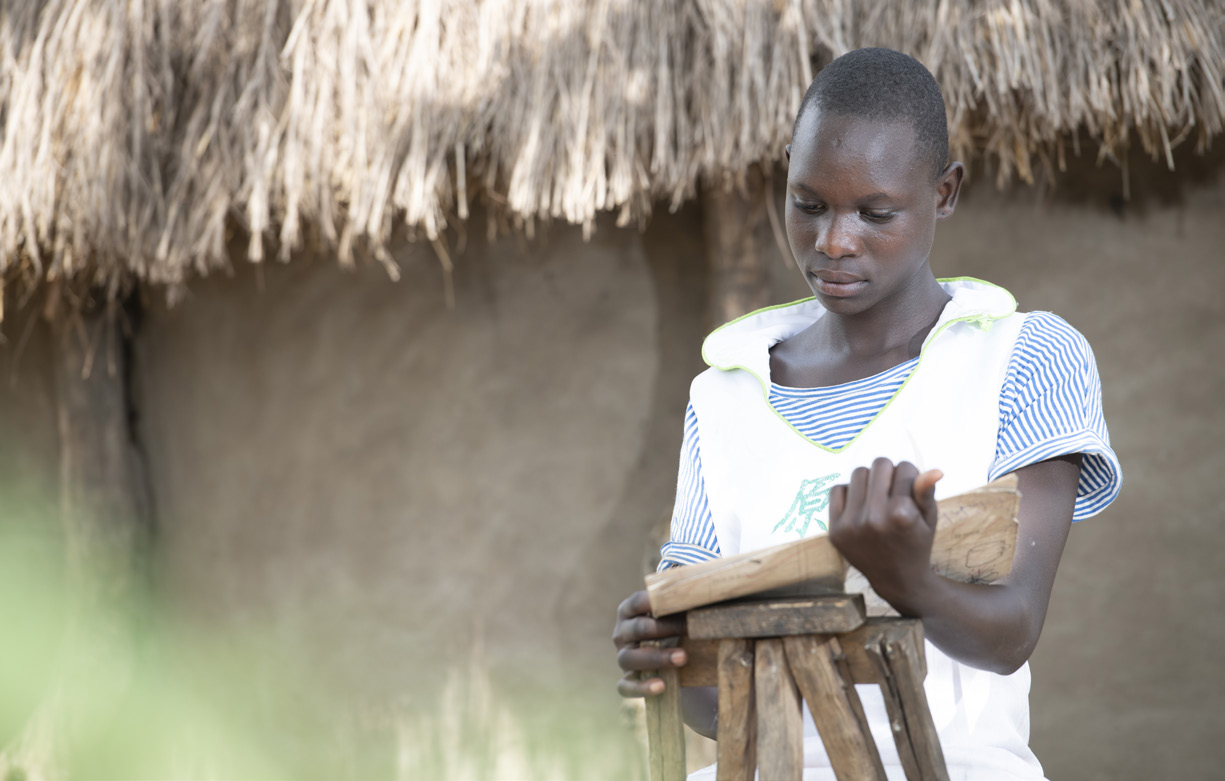Danielle Falk is a first-year doctoral student in the International and Comparative Education program and a Graduate Research Assistant for this project.
Daniel Shephard is a first-year doctoral student in the International and Comparative Education program and a Graduate Research Assistant for this project.
Over 60 million children are out of primary school, over 200 million are out of secondary school, and approximately one-third of these children and youth live in conflict-affected countries.1 Beyond educational exclusion and disruption, conflict and crisis harm the psychosocial well-being and emotional development of affected children.2 3 In the face of these heightened insecurities, attending school can restore a sense of normalcy and provide physical, cognitive and emotional protection for displaced youth.4 5
Responding to the urgent needs of children, youth, and teachers in crisis and conflict has highlighted the need for new partnerships between humanitarian, development, and academic actors. As part of this effort, Dr. Mendenhall has joined the European Commission’s Building Resilience in Crises through Education (BRiCE) consortium as the lead researcher for a project supporting refugees and internally displaced persons through accelerated education for learners and professional development for teachers in Uganda and South Sudan. In the last four years, more than 3.1 million people have left South Sudan with over 1 million seeking refuge in Uganda.6 More than half of the population are school-aged children, of whom approximately 54% are out of school.7 For those who have remained in South Sudan, nearly 2 million are displaced and face tremendous barriers accessing school.8
Led by Oxfam IBIS,9 the Resilient Learners, Teachers and Education Systems in South Sudan and Uganda project will support thousands of learners and hundreds of teachers through multiple interventions focusing on enhancing their psychosocial and physical well-being and social, emotional, and cognitive development. Two of the key interventions include an accelerated education (AE) program and teacher professional development (TPD). Dr. Mendenhall and a team of TC graduate students will employ a participatory mixed-methods approach to examine the contributions that the AE and the TPD interventions are making to enhance the resilience and well-being of these learners and the teachers who are working with them. The study is a unique opportunity to better understand how these interventions and their impacts differ among refugees and internally displaced persons in Uganda and South Sudan, respectively.
The team will look beyond academic achievement to examine the ways in which students and teachers contribute to one another’s well-being, a construct of particular significance and complexity in crisis contexts. The study will also consider the way that their well-being interacts with, and is influenced by, the broader community. By closely examining the well-being of students and their teachers, the study’s findings will lend themselves to offering insights about opportunities and challenges to consider when implementing similar education programs and how those implications differ through cross-border comparisons of findings.
1 World Bank. (2018). World Development Report 2018: Learning to Realize Education’s Promise. Washington, DC: World Bank.
2 Riggs, D. & Davison, L. (Eds). (2016). Psychosocial support and social and emotional learning for children and youth in emergency settings. New York, NY: The Inter-Agency Network for Education in Emergencies.
3 Betancourt, T. S., & Khan, K. T. (2008). The mental health of children affected by armed conflict: protective processes and pathways to resilience. International Review of Psychiatry, 20(3), 317-328.
4 UNHCR. (2016). Missing out: Refugee education in crisis. Retrieved from http://www.unhcr.org/57d9d01d0
5 Nicolai, S., & Triplehorn, C. (2003). The role of education in protecting children in conflict. Network Paper: Humanitarian Practice Network (HPN), 42, 1-36.
6 UNHCR. (2018). South Sudan Regional Refugee Response Plan: January -- December 2018. UNHCR.
7 Ibid.
8 OCHA. (2017). Humanitarian Response Plan South Sudan: January -- December 2018. OCHA.
9 The Danish member organization of Oxfam global.
